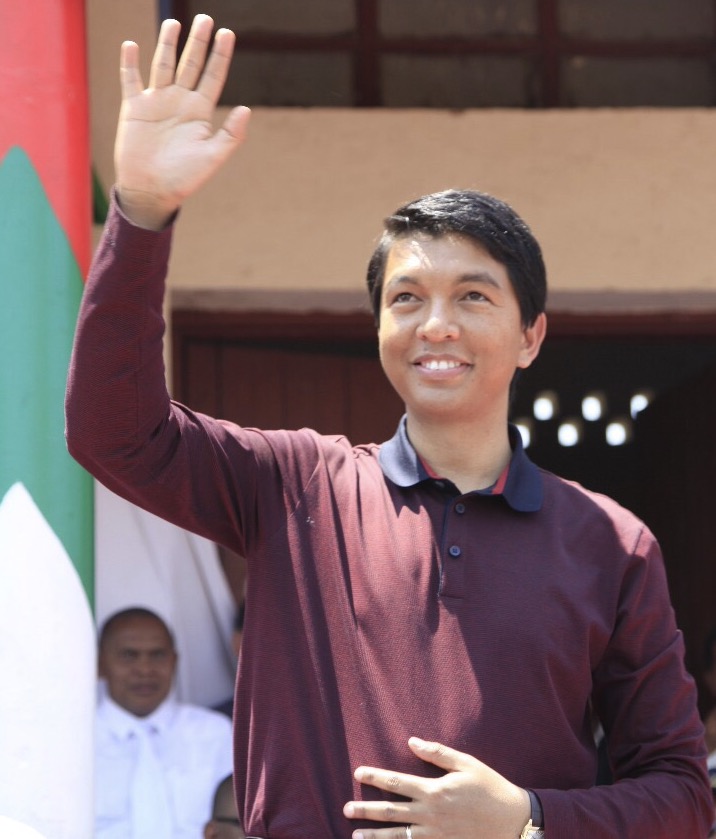The concentration of power within the executive inhibits the independence of other theoretically impartial institutions. Members of Independent National Electoral Commission (CENI), for example, are selected by the president. The executive also controls the electoral body’s budget, which is often underfunded. CENI’s independence and capacity, therefore, are constrained.
The Independent Anti-Corruption Bureau (BIANCO) conducts infrequent corruption investigations and pursues few prosecutions to redress corruption. While BIANCO has identified 79 lawmakers who have accepted bribes, the agency has not pursued cases against them, fostering a culture of impunity.
The executive branch also influences judicial decisions, and trial outcomes are frequently predetermined. This contributes to a lack of trust in the judicial system. The High Constitutional Court has demonstrated some independence from the executive in certain rulings, however.
While Madagascar ostensibly has a free press, criminal libel laws lead to self-censorship. This is especially so with regard to investigative reporting on sensitive issues like corruption. Therefore, a key feedback loop by which the public is informed and can hold the government accountable is weakened.




